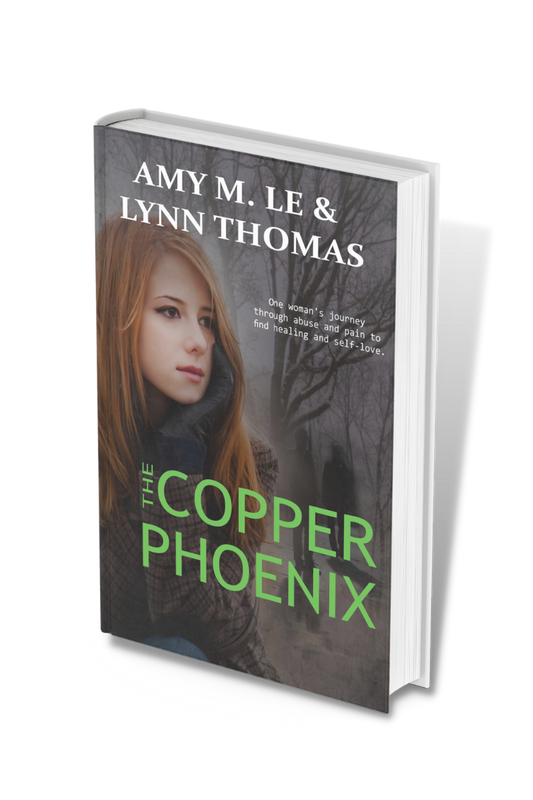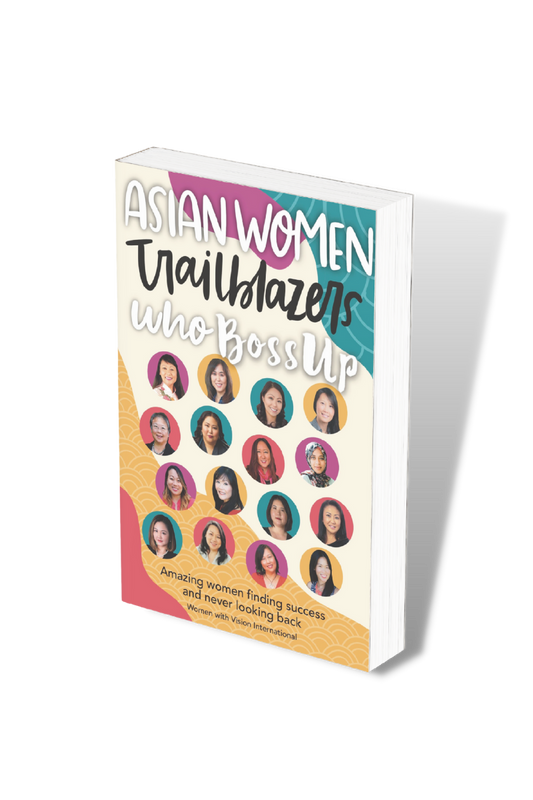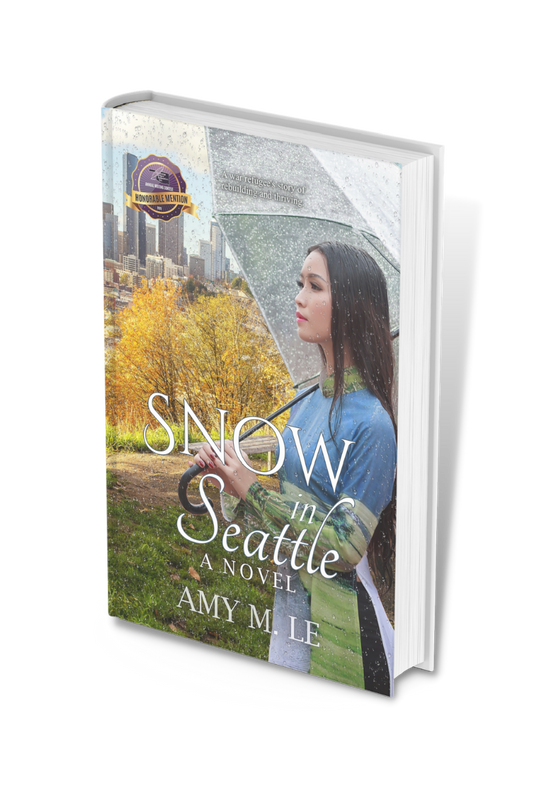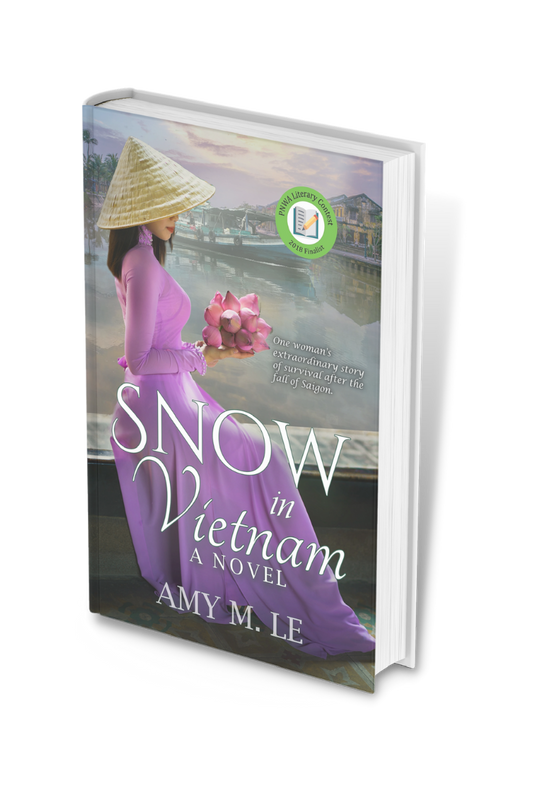AI ALERT: Are Your Words Giving You Away?
By Shelley Malicote Stutchman
Hey there, fellow AI enthusiasts! Have you noticed your prose sounding a bit... generated lately? You’re not alone! As more writers use AI to assist them, certain patterns and words have become dead giveaways. I will break down the top 10 telltale words or phrases I’ve noticed that scream “I used AI!” Continue reading to discover what to avoid to maintain that authentic human touch in your writing.
Before we begin the countdown, I would like to take a moment to address something important. We writers are inadvertently becoming the teachers for AI to learn from and mimic creative writing. Recently, I’ve seen cases where authors have had their work falsely labeled as AI-generated. This is a devastating accusation for someone who poured their blood, sweat, and tears into telling their story.
Here’s the AI Top 10 Countdown:
10. The Em Dash:
The Em Dash Epidemic in AI Writing. AI-generated text uses a plethora of em dashes. While these punctuation marks have uses in human writing, AI seems to sprinkle them everywhere like digital confetti. I’ve observed that AIs lean on em dashes when they can’t transition between ideas. Without human intuition for sentence rhythm and flow, the em dash becomes AI’s favorite shortcut as a convenient bridge across logical gaps that human writers would navigate more elegantly.
9. Unwavering:
AI loves to describe the people you are writing about as unwavering. If AI had its way, every character would be an unwavering terminator of task completion, showing up at 4 AM to alphabetize the spice rack while maintaining perfect posture. Authentic humans, hit snooze six times, promise themselves they’ll finally start that novel after one more YouTube video, then somehow end up ordering pizza at midnight while googling “is it normal for toenails to look like that?” Don’t tell me someone is unwavering, show me how they keep going despite the chaos.
8. Ensure:
AI writes like a party planner with a guarantee fetish of ensuring everyone will have fun, or your money back!” AI will ensure the guests will love the food that has been catered, and AI will ensure it is a perfect party for everyone. Meanwhile, human writers know parties are where Kevin from accounting gets too drunk and tells everyone about his divorce before projectile vomiting. Then someone’s uncle falls asleep face down in the guacamole. Suppose your character shows up perfectly coiffed and becomes the belle of the ball without spilling the punch, getting spinach in their teeth, or accidentally calling the CEO’s wife by his mistress’s name. In that case, AI has ensured that your story lacks imagination.
7. Essential:
AI is infatuated with the word “essential.” Essential is to AI, like that friend who falls in love and can’t shut up about it. A new wardrobe? Essential. Teeth whitening? Essential. AI writing assistant thinks it’s “essential” to alphabetize your spice rack. Pro tip: if every third word in your blog post is “essential,” your readers will know you outsourced your writing personality to ChatGPT. But hey, at least your spice rack is in order!
6. Crucial:
AI has a torrid love affair with the word “crucial.” I swear, if AI wrote a recipe for toast, it would be CRUCIAL to align the bread exactly with the toaster slot, CRUCIAL to depress the lever with the exact amount of pressure, and CRUCIAL that you stand three feet away while waiting, lest you disrupt the CRUCIAL toast-formation process. It’s like having a friend who’s a total drama queen.
5. Tapestry:
AI adores weaving everything into a “tapestry.” Your breakfast becomes a tapestry of Captain Crunch and toast. Your commute? “A tapestry of red lights and middle fingers.” Your cat’s hairball makes up a tapestry of gross and yuck.” When’s the last time you said “tapestry” out loud? “Dude, your living room is a stunning tapestry of garage sale furniture.” Tapestry comes from 14th-century French, which explains why AI has a medieval crush on it. AI, that little language weaver, has a fondness for stitching together tapestries of words. The word will work in a historical novel, but not so much in today’s books. We’re all about LOLs and OMGs.
4. Quaint:
Ask AI to describe a landfill, and it will turn it into a “rustic collection of discarded treasures with charming aromas, in a quaint setting.” Nothing says “I was written by AI” quite like turning a pile of rotting garbage into the next hot destination. If a writer uses “quaint” three times in one paragraph, you’re not headed to a hidden gem, you’re being gaslit by an algorithm that thinks every dumpster is charming and quaint.
3. A Beacon of Hope:
A clue that AI was consulted in writing is the phrase “a beacon of hope.” Next time you read “a beacon of hope,” think of a robot trying to convince us it understands feelings. People don’t say “beacon of hope.” We just say “hope,” and then we scroll TikTok until we forget what we were hoping for.
2. Delve Into:
AI never wants you to just “look something up” anymore. No, no. You must “DELVE INTO” it like you’re Indiana Jones and the subject is a cursed temple. Heaven forbid you casually browse. You slouch! You could be DELVING with the intensity of a caffeinated mole, as AI suggests. For this blog, I confess I did “delve into” the verbal love affairs AI is currently conducting behind our backs.
1. A Testament To:
Are you succeeding as a writer? AI would say that’s a testament to your hard work. Are you failing as a writer? AI would say that’s a testament to the sheer volume of other books that are your competition. Either way, AI loves a testament. Dear author, delve into your project and cling to that flickering beacon of hope. Make your desk as “charming and quaint” as a Pinterest board suggests, and start weaving your own tapestry of words. It’s crucial to believe in yourself, and essential to do the work. So, write with unwavering conviction. Keep going. Keep writing. And remember: success isn’t measured in beacons, tapestries, or testaments—just in letting your imagination shine through and not letting AI think for you.
Shelley is a regular contributor to Quill Hawk Publishing. Here are a few recent blogs and stories written by Shelley for your review.
About Shelley Malicote Stutchman
Shelley Malicote-Stutchman triumphed over breast cancer and emerged as a dedicated patient advocate. Her journey as a retired nurse and former community liaison for home health and hospice has endowed her with invaluable firsthand experience in the medical field. Her passion for research is not just a mere sentiment but a commitment she demonstrated by becoming a test subject for Moderna's COVID-19 vaccine.
Shelley has owned a mental health program for low-income women, founded a support group for women over forty, and received recognition from the governor for her work with Workforce Oklahoma.
She also excels in public speaking, winning multiple awards through Toastmasters International. Shelley is a featured writer for CAREGIVER MAGAZINE and has won awards in writing contests.
Shelley's love for writing and storytelling is a testament to her creative spirit. She inherited this passion from her great uncle, Maurice Kelley, a renowned author and English professor at Princeton University. Today, she shares her stories through various platforms, including creating daily videos on TikTok and being a Facebook Digital Creator.
When she's not writing or advocating, Shelley enjoys the simple pleasures of life—like watching hummingbirds on her front porch with her husband Neil Johnson, aka Cameraman. Shelley offers speaking engagements on breast cancer to spread awareness and inspire others to keep fighting.
If you or someone you know has ever received a breast cancer diagnosis, you understand how overwhelming and scary it can be. In "PEEK-A-BOOB," the author offers a helping hand to those navigating the difficult journey from diagnosis to survivorship. Drawing from personal experience and thorough research, this book provides a roadmap through the maze of treatment protocols and medical jargon while also serving as a source of comfort and inspiration. With heartwarming quotes and uplifting encouragement, the author helps readers find solace when grappling with doubts and despair. "PEEK-A-BOOB" is a companion, guide, and testament to the resilience of the human spirit. This is the book the author wishes she had when she heard her doctor say, "You have breast cancer."










